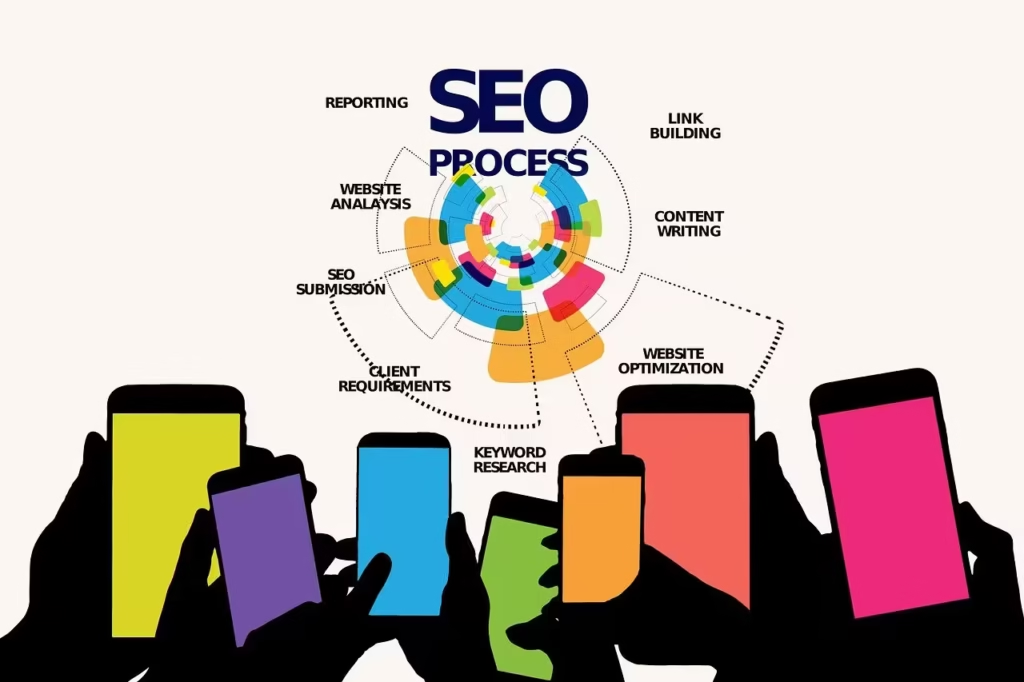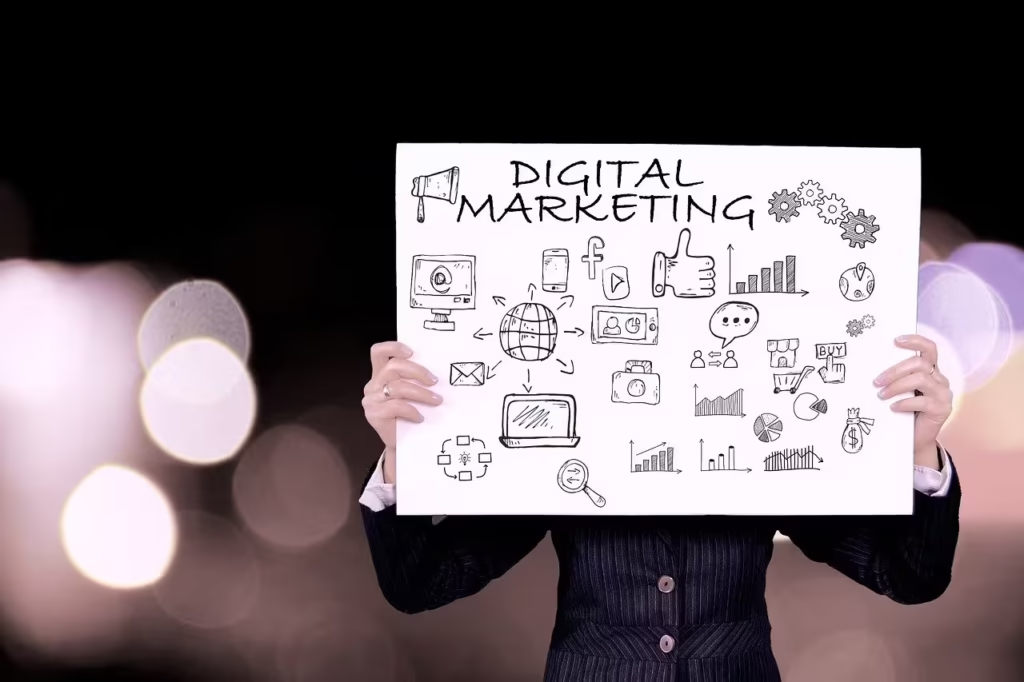Branding is more than just a logo or name; it’s how your business talks, looks, and makes people feel. Regardless of whether you operate a startup or a family business, branding influences how customers perceive you.
The real functions of branding go beyond design. They help build trust, tell your story, and create long-term relationships.
In modern times, the functions of branding in marketing include creating emotional connections, delivering clear messages, and setting you apart in a crowded market.
When done right, branding adds real value; these are the functional benefits of a brand.
It’s not just about selling; it’s about being remembered. In this article, we’ll break down what branding does, how it helps you grow, and why every business, big or small, needs a strong brand identity.
1. Branding Gives Your Business an Identity

Imagine walking into a shop with no name, no signs, and everything in plain packaging. Would you trust it? Probably not. A brand gives your business a face – something people can see, remember, and connect with.
Your name, your logo, the colors you use, and even your website’s tone – these are all part of your brand identity. They help people recognize you and feel familiar with your business.
Without this, it’s like trying to make friends without telling people who you are.
2. It Builds Trust Through Consistency
Think about your favorite brands. Maybe it’s a clothing label, a restaurant, or even a local grocery app. One thing they likely have in common is consistency. You know what to expect, and they don’t let you down.
One of the branding’s most potent marketing purposes is this.
Trust is increased when customers perceive your company to be trustworthy and transparent, whether in the quality of your goods, services, or communications. And people return when they have trust.
3. Branding Helps You Stand Out from the Crowd
In today’s times, every market is believed to be a crowded one. There is just about everything, and there is something similar being sold by a competing fellow. Hence, branding is important.
Branding gives you an edge in the marketplace because it clarifies what differentiates you.
It could be your values, your fun and friendly tone, or your approach to going above and beyond for great customer service. When branding does its job well, it lets the world know why they should pick you rather than another.
4. Branding Develops an Emotional Bond
We like to think we buy by logic, at least to some degree. Still, mostly, it’s emotions. When emotions are engaged with a brand, we’re more likely to stick around with that brand.
Whether the joy is brought about by friends greeting us with hugs from brandy-endorsed shampoo or a great, thrilled heart poured by many unboxing moments of an excellent gadget, branding injects emotions.
Branding brings together two minds; it’s all about relationships and not simply transactions and such relationships that are emotionally charged offer a very long-term loyalty – the kind that any business would want.
5. It Communicates Your Brand’s Purpose and Values
Today, people want more than just products or services. They want to know what kind of stand you take. Is your company green? Does it support local causes? Is the product produced ethically?
Branding is about telling your story. Your tone of voice, postings on social media, and even your packaging reflect your values. The closer their values correspond to those of their customers, the higher their chances of retention.
6. It Adds Functional Value to Your Brand
Functional benefits of a brand imply the practical things: Is your product easy to use, does the service solve a problem, or does the delivery do a good job at the times it matters?
Branding tells those strengths louder. It turns dry facts into reasons to believe. Instead of saying, “Our shoe soles last longer,” you say, “Built to carry you through life’s toughest days.” See the difference? That’s branding at work.
7. Branding Makes Marketing Easier (and Smarter)
Marketing without branding is like shouting into the wind: you might get heard, but most likely, no one will remember you.
Once your brand is set, it will become very easy to cause magic in marketing communications. You know how to speak aloud, the time to speak to whom, and, finally, how to say it.
Campaigns will become sharper, more focused, and clearer in messaging, as they are not selling the product but rather an entire story.
8. The Customer Experience Gets Better With It
Branding touches everything your customer sees and feels. From the time they see your website to the time they receive a thank-you email, everything goes into the service experience.
If done properly, branding makes for a very smooth and thoughtful journey. Customers feel cared for. This increases the chances of their recommending the company to others, writing a positive review, or returning for another purchase.
The customer experience is resolving a problem but really making every good interaction count. Branding helps shape the entire journey.
9. Strong Branding Develops Loyalty
Everyone loves a discount. But what keeps customers coming after the discount is over? Branding.
Strong brands are like old-time movies. They evoke familiar feelings. Comfortable feelings.
Once people feel that tie, they become loyal fans who will come back talking about you to quite a few others, giving you free word-of-mouth marketing that no money can buy.
10. It Sets the Stage for Growth
Finally, a strong brand is the bedrock on which to build success in the long haul. As the business expands, introduces new products, or moves into new markets, the brand serves as a unifier.
Think of it like a tree. The stronger your roots (your brand), the easier it is to grow new branches. And when your brand is trusted, people are more open to trying something new from you.
What are the Features of Branding that Make all this Possible?

To sum it up, these are the key features of branding that drive all the benefits mentioned above:
- Consistency: Same tone, same values, everywhere.
- Recognition: Easy to identify at a glance.
- Trust: Built over time through reliable messaging.
- Flexibility: Can grow with your business.
- Clarity: Clear promise, clear delivery.
What are the Types of Branding You’ll Come Across?
There’s more than one way to brand a business. Here are a few common types of branding:
- Product Branding – Focused on a specific product (like Maggi or iPhone).
- Corporate Branding – The overall company image (like Tata or Nestlé).
- Personal Branding – Often used by influencers or consultants.
- Retail Branding – Tied to physical or online stores.
- Digital Branding – Built through your online presence, like websites or social media.
Each one plays a role depending on what your business needs most.
Conclusion on the Functions of Branding
At the end of the day, among the most important functions of branding is about building relationships with people. It reflects the mindset through which people identify, trust, or emotionally relate to you.
Whether you are starting or scaling, branding is one of the smartest investments you can make. Within branding lies one powerful package of identity, communication, and customer experience.
Never forget: They’ve sometimes forgotten what you said, but they will never forget how your brand made them feel.
Frequently Asked Questions Regarding Functions of Branding
Below are the answers to the most asked queries on the internet regarding functions of branding in marketing.
Q1. What are the five functions of branding?
- Creating identity
- Building trust
- Standing out from the competition
- Connecting emotionally
- Encouraging loyalty
Q2. What are the features of branding?
- Consistent look and feel
- Emotional appeal
- Recognition
- Flexibility to grow
- Trust-building over time
Q3. What are the types of branding?
- Product Branding
- Corporate Branding
- Personal Branding
- Retail Branding
- Digital Branding
Q4. What are the functions of branding in marketing?
- Making your message clear
- Building trust through consistent visuals
- Attracting and retaining customers
- Supporting long-term business growth

